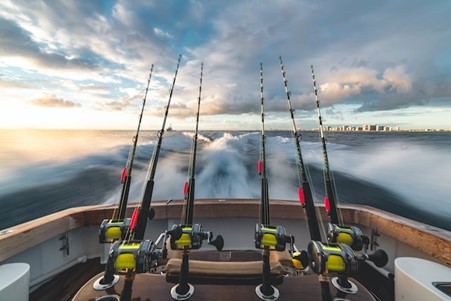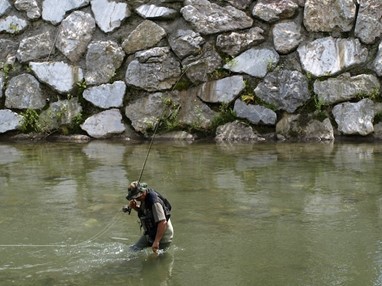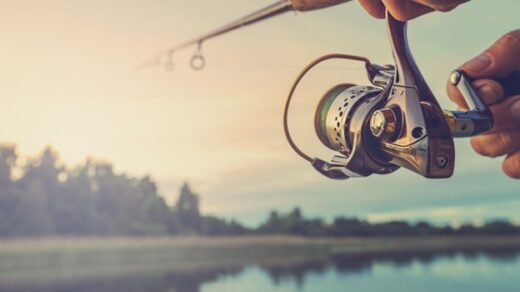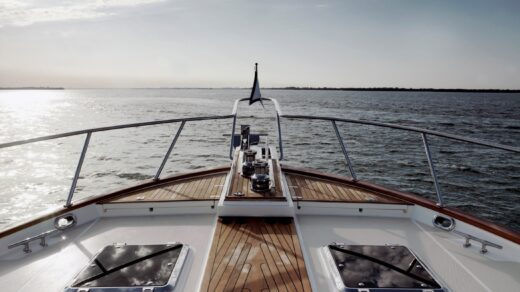
To many, fishing is an act of solitude. To many others, it’s an ultra-competitive sport.
In the United States alone, there are between 30,000 and 50,000 fishing derbies and tournaments held each year. They can last hours or days. They take place in small lakes and deep oceans. They can focus on bass, blue marlin, and golden north salmon.
And Dave Hebeda says that they require a massive amount of tact and skill.
Getting into Competition Mode
Fishing tournaments aren’t just for experienced anglers. Many are geared toward beginners looking to try their hand at the ever-popular, exciting sport.
However, there are some basics to think about before signing on. Many tournaments are team sports, which means major decisions should be made by all the team members and not just by one person.
This includes pinpointing matches to enter, and which venues may be best for the team’s overall skills. There should also be shared goals in mind that can actually be achieved.
Is it a tournament the team thinks it could win? Is it more for the social experience or a way to get more practice for further tournaments? Confidence is key here. If a team doesn’t believe they can do well, they probably won’t.
Define Roles
Every member of a fishing tournament team is essential, but a good strategy is designating a captain. Captains do everything from taking care of entry fees and confirming the team’s schedule to researching the body of water and conforming boats to practice in.
Settle on the Best Gear
An artful angler is well-prepared. That means planning and organizing all the equipment that is needed, including the tackle and bait, but also testing that boats and reels are in good working order.
Fishing masters always make sure that before the tournament, the boat, motor, and any electronics on board are functioning properly. The best anglers often report taking hours to rig rods and prepare tournament boats. When gear is all set, it’s easier to focus on an award-winning fishing technique.
Higher-quality equipment also helps anglers land the big ones. Leaders and lines should be in great condition, and gaffs, hooks, and lures should be as well. Reel lines should be replaced before every tournament event, while leaders should be changed after landing each fish.

Agree on a Strategy
Winning a tournament isn’t just about being a skilled fisherman. It requires thoughtful strategy, including deciding where to fish first, getting an understanding of the area’s common ocean currents, and exactly which lures and bait to use to maximize results.
In many tournaments, some types of fish are worth more points than others — and that can make all the difference in a close contest. Teams should consider which gear to use that may give them an upper hand in landing specific types of fish.
Practice (Almost) Makes Perfect
Even professional athletes need to practice regularly to stay on top of their game. Fishing is no exception. Before tournaments, teams should take boats out to run through game plans, tweak any roles to play to strengths, and get experience working together as a well-oiled machine.
Without practice, a fishing tournament win is often far out of reach.



